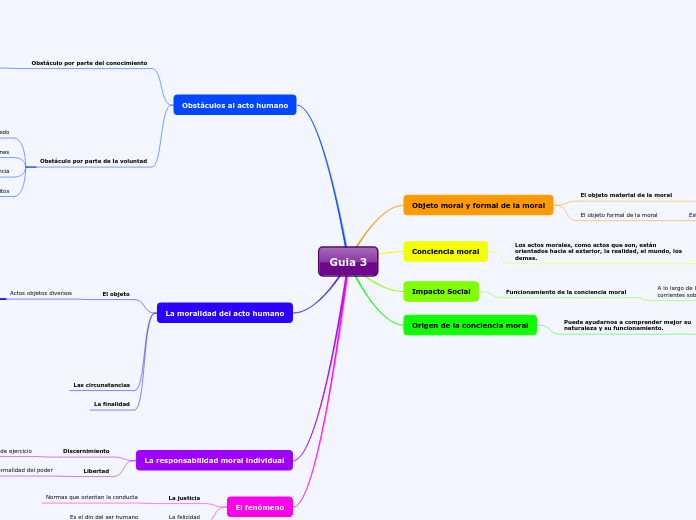av DIANA OAJACA 4 år siden
369
Guia 3

av DIANA OAJACA 4 år siden
369

Mer som dette
A noun is a word that functions as the name of some specific thing or set of things, such as living creatures, objects, places, actions, qualities, states of existence, or ideas.
Generic nouns are nouns that are part of a generic statement. Generic nouns can be singular or plural. The opposite of generic nouns is collective nouns.
The difference between definite/indefinite and generic nouns is that in the sentence there must be a blanket statement or question.
Proper nouns are the names of specific people or places. They should always begin with a capital letter.
A concrete noun is a noun that can be identified through one of the five senses (taste, touch, sight, hearing, smell).
Adular
Insultar
Rezar
Hablar mentir
Pena de muerte
Aborto
Defensa propia
Matar asesinos
Possessive nouns are nouns which possess something, normally another noun.
Division de la ignorancia
Deber de conocer la ley moral
Principios morales sobre la ignorancia
Ignorancia Invencible
Ignorancia Vencible
Nocion de Ignorancia
Common nouns are words for people, places or things that aren’t specific (as opposed to a proper noun which refers to only one person, place or thing).
Common nouns can be countable or uncountable, singular or plural.
A noun which refers to a group of things/people.
A noun which cannot be identified by using one of the five senses (taste, touch, sight, hearing, smell).
La actividad consiente del hombre esta diatizada
Su propósito es investigar como se forman
Irregular nouns are nouns which don’t follow a spelling pattern when pluralized.